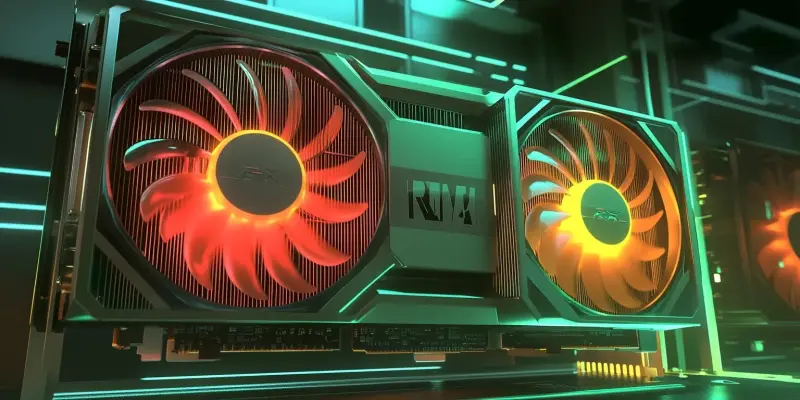In today’s rapidly evolving tech landscape, finding the right balance between cost and performance is a challenge many consumers face when selecting computer hardware. Founded in 1969, AMD has steadily gained recognition as a leading manufacturer of affordable high-performance components, rivaling giants like Intel and Nvidia. Under the leadership of Dr. Lisa Su since 2014, AMD has consistently produced products that push the boundaries of computing technology. Known affectionately as “Team Red,” AMD is particularly celebrated for its advanced processors and graphics cards that power a variety of devices, including gaming consoles like the PS5 and Xbox Series X.
AMD’s success can be attributed to its strategic focus on innovation and performance, which has allowed it to carve out a significant share in the gaming and data center markets. By delivering top-tier performance at competitive prices, AMD caters to both casual users and enthusiasts who demand the best without breaking the bank. Whether it’s the Ryzen processors that offer multi-core performance for multitasking and gaming or the Radeon graphics cards that deliver breathtaking visuals, AMD’s products consistently strike a balance between quality and affordability. These offerings have made AMD a go-to choice for budget-conscious consumers seeking top-notch performance.

